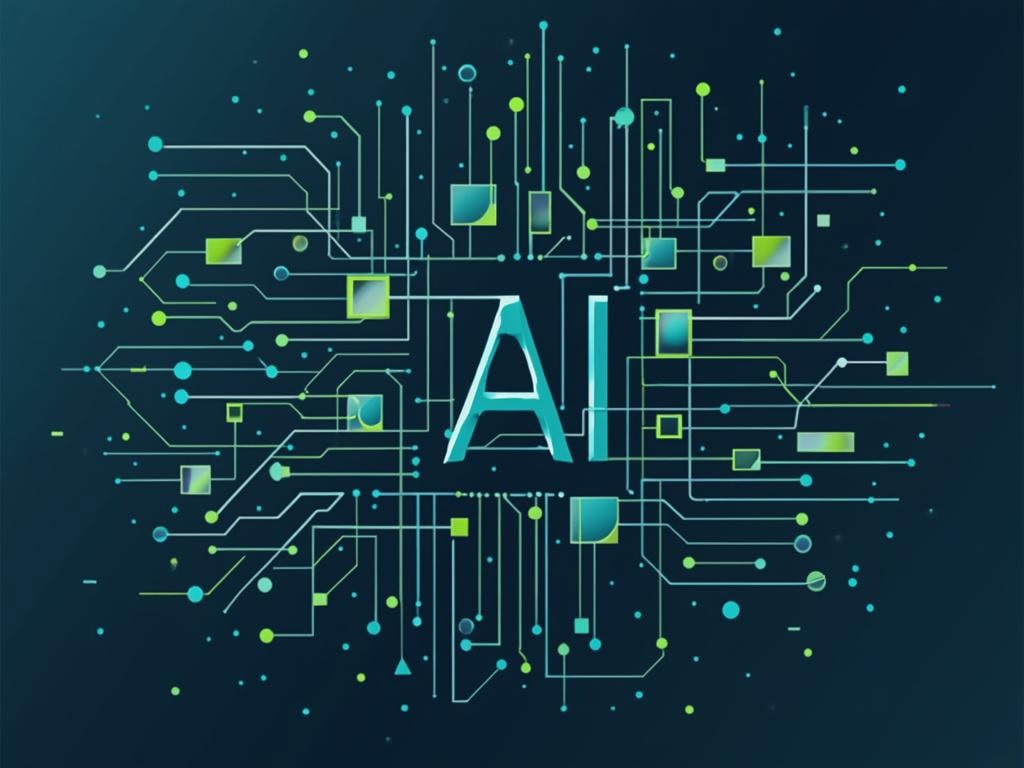ChatGPT’s Evolution: From Search Engine Alternative to Advanced Task-Based Assistant

ChatGPT Evolves Beyond Search Engine Alternative, Shifts to Task-Based Assistant
OpenAI CEO Sam Altman revealed that ChatGPT's evolution as an AI assistant platform has transformed from a Google Search alternative into a sophisticated task completion platform, marking a significant shift in the AI tool's evolution and capabilities.
Speaking at Y Combinator, Altman emphasized that while ChatGPT ranks as the fifth most visited website globally, its future lies in becoming an AI-powered assistant rather than competing with traditional search engines. This strategic pivot reflects OpenAI's broader vision for artificial intelligence implementation in modern business operations.
The Evolution of AI Assistance
ChatGPT's transformation represents a fundamental change in how users interact with AI. According to Altman, the platform has evolved beyond basic search functionality to handle complex tasks similar to a junior employee, particularly in areas like coding and research.
The introduction of ChatGPT's memory feature, which Altman describes as his favorite development this year, enables the AI to retain information from previous conversations and user preferences. This advancement moves the platform closer to functioning as a true digital assistant rather than a simple query-response system.
Future Integration and Business Impact
OpenAI's upcoming Model Context Protocol (MCP) implementation will allow ChatGPT to directly access data from business platforms and tools. This integration capability positions the platform as a comprehensive workplace assistant rather than just a search alternative.
The expanding benefits of AI in business operations show significant potential in areas including:
- Marketing automation and analysis
- Complex data processing
- Content development and management
- Workflow optimization
Implementation Challenges and Solutions
The advancement of AI assistants like ChatGPT signals a new era in workplace productivity, though challenges remain in areas such as output accuracy and consistent reasoning capabilities. Organizations must implement robust quality control measures and maintain human oversight while leveraging these powerful tools.
Recent research from MIT Technology Review suggests that AI assistants can increase workplace productivity by up to 40% when properly integrated into existing workflows. However, successful implementation requires careful planning, appropriate training, and clear guidelines for AI tool usage.
The key to maximizing ChatGPT's potential lies in understanding its capabilities and limitations while developing structured approaches to task automation and workflow integration. As these systems continue to evolve, organizations must stay informed about new features and best practices for implementation.

